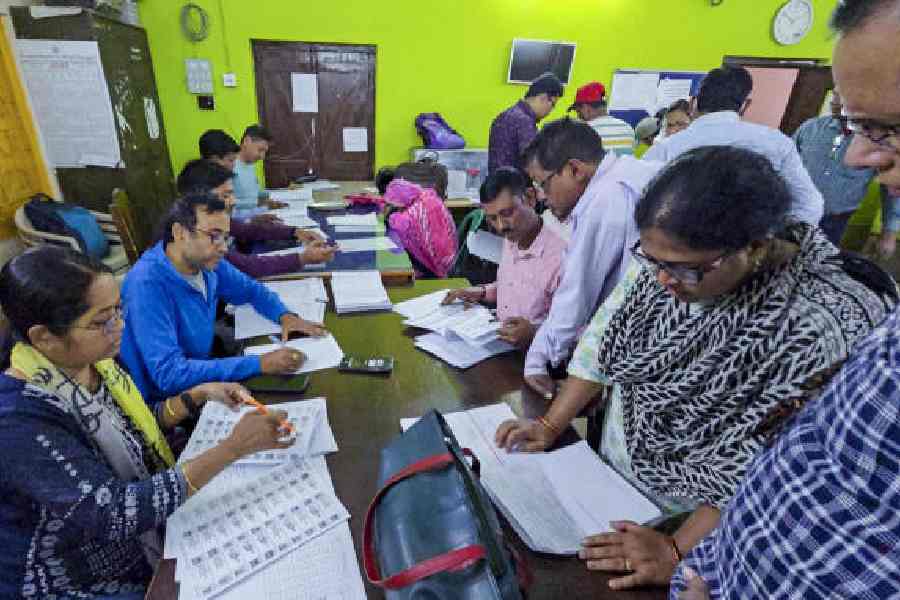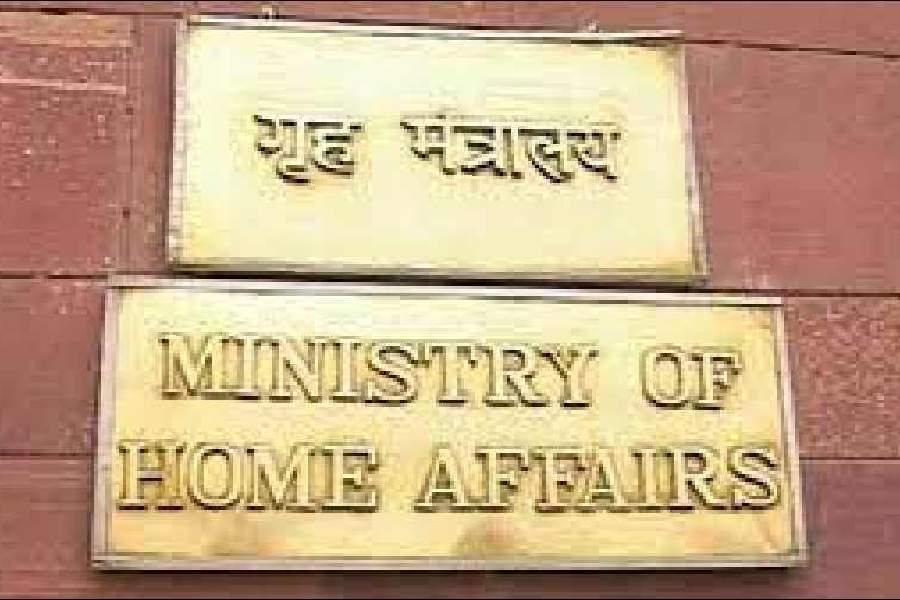The personal data protection law poses a threat to independent journalism and media freedom, undermining and weakening the RTI Act, former Delhi High Court judge A.P. Shah, who headed the experts’ committee in 2011-2012 on privacy laws, said on Monday in an open letter.
Shah was the chairman of the group of experts on privacy in 2011-2012 and served as the former Chief Justice of Delhi High Court from May 2008 to February 2010.
In a letter addressed to the attorney-general, minister of law and justice and the minister for electronics and information technology, Shah said Section 44(3) of the Digital Personal Data Protection Act, 2023, should be immediately repealed.
Section 44(3) of the DPDP Act substitutes Section 8(1)(j) of the Right to Information (RTI) Act, which deals with data on personal information. The Act would amend the RTI and enable public authorities to deny information, classifying it as “personal”.
“By restricting access to personal information that is intrinsically linked to public activity, it shifts the balance of power away from citizens and oversight bodies, making it harder to hold the government accountable,” Shah said. “This directly undermines the foundational purpose of the RTI Act.” He said the Act must explicitly clarify that the RTI applies with full force to prevent any future misinterpretation that might undermine the law’s effectiveness.
Calling it an alarm for democracy, Shah said: “The amendments, coupled with the broad definitions in the DPDP Act, pose a severe threat to independent journalism and the freedom of the press.”
The RTI Act promotes transparency and accountability in public administration and is a weapon against corruption, but the “amendment weakens that deterrent effect”, he said.










